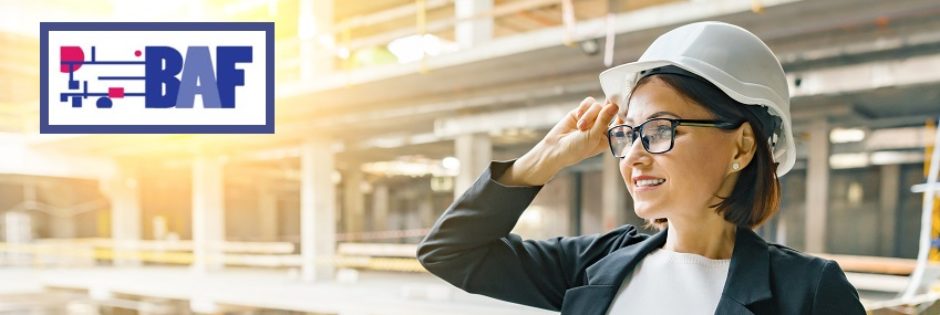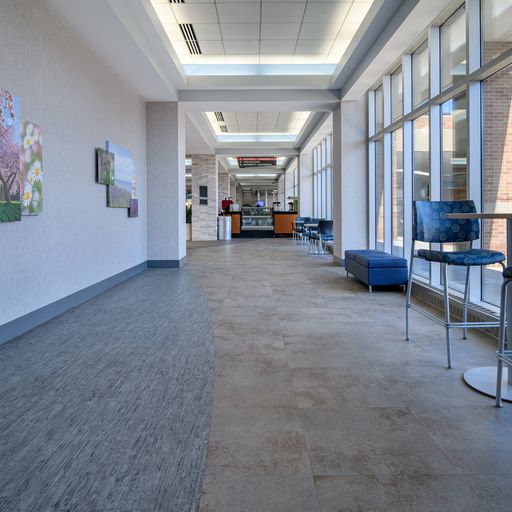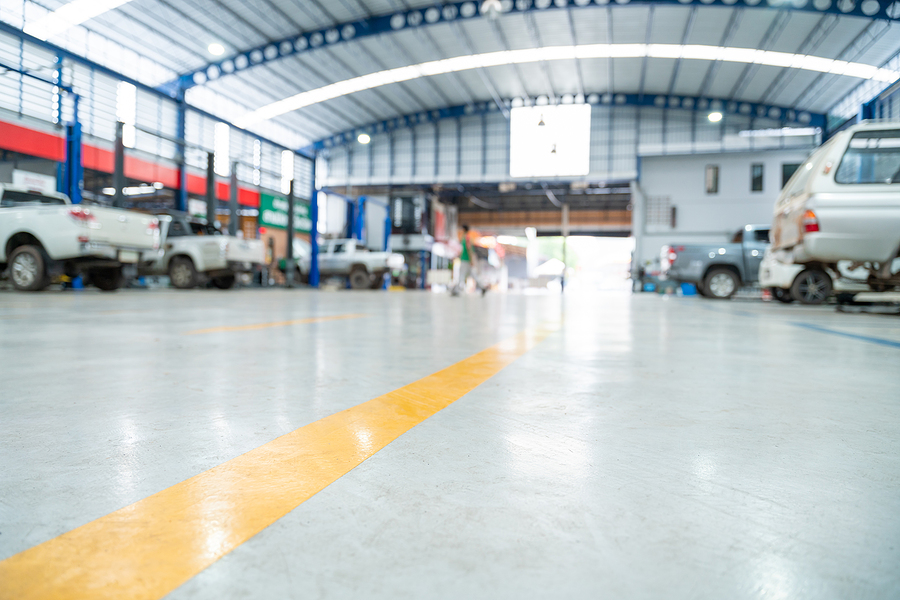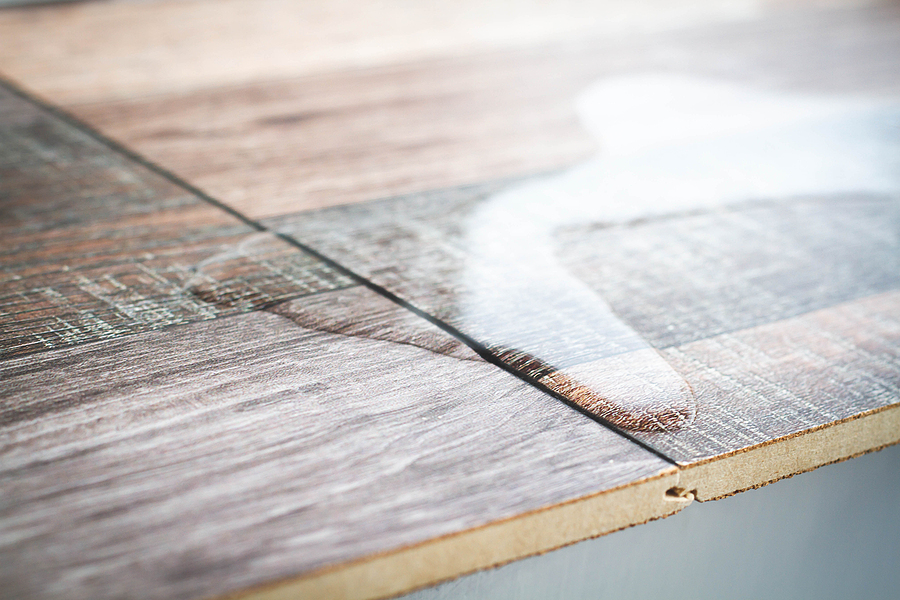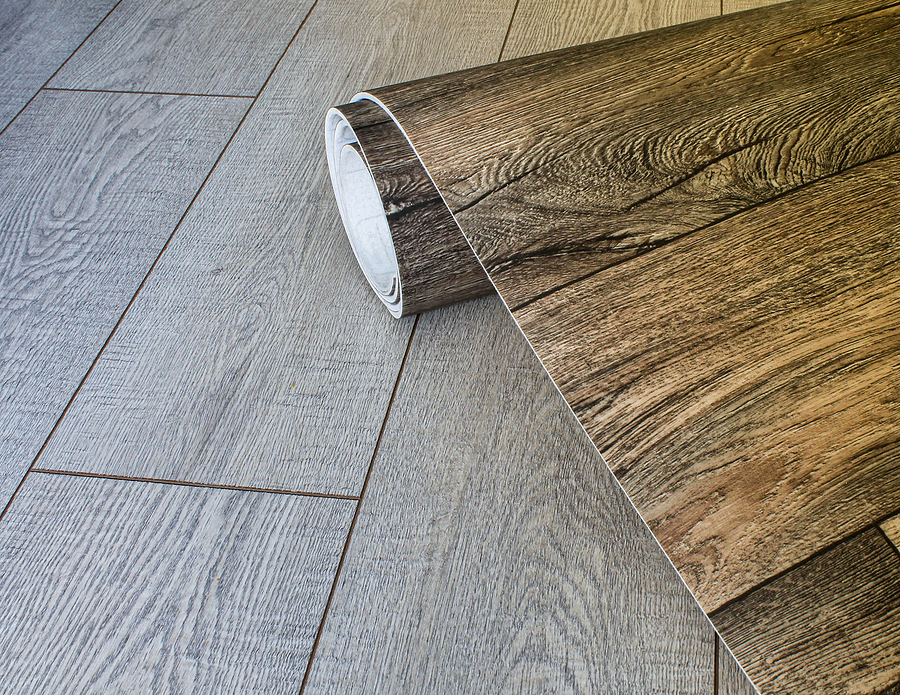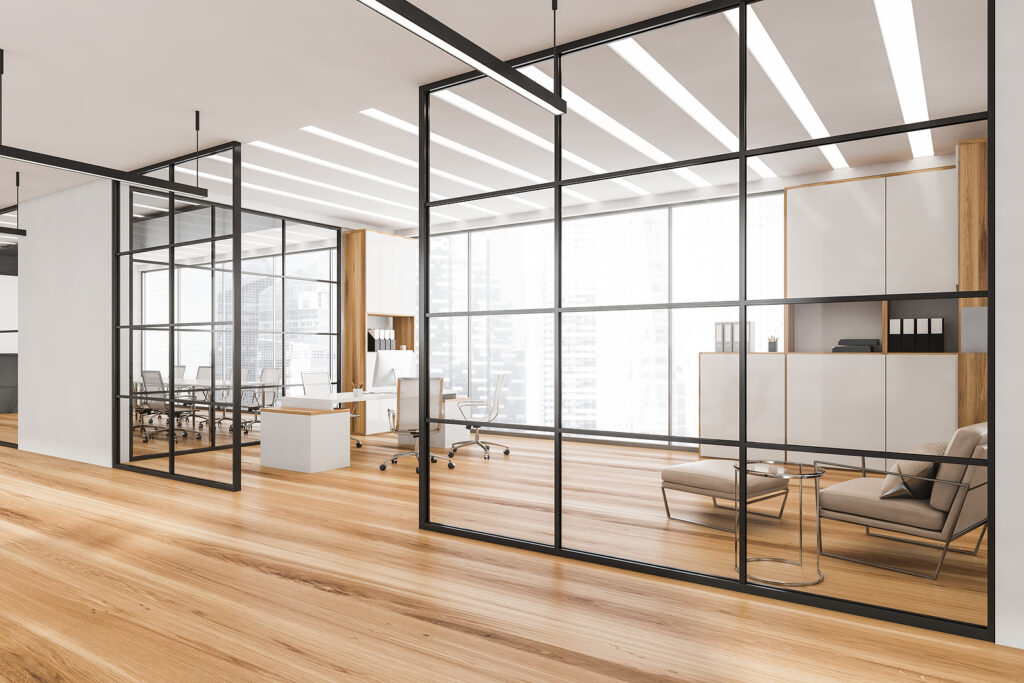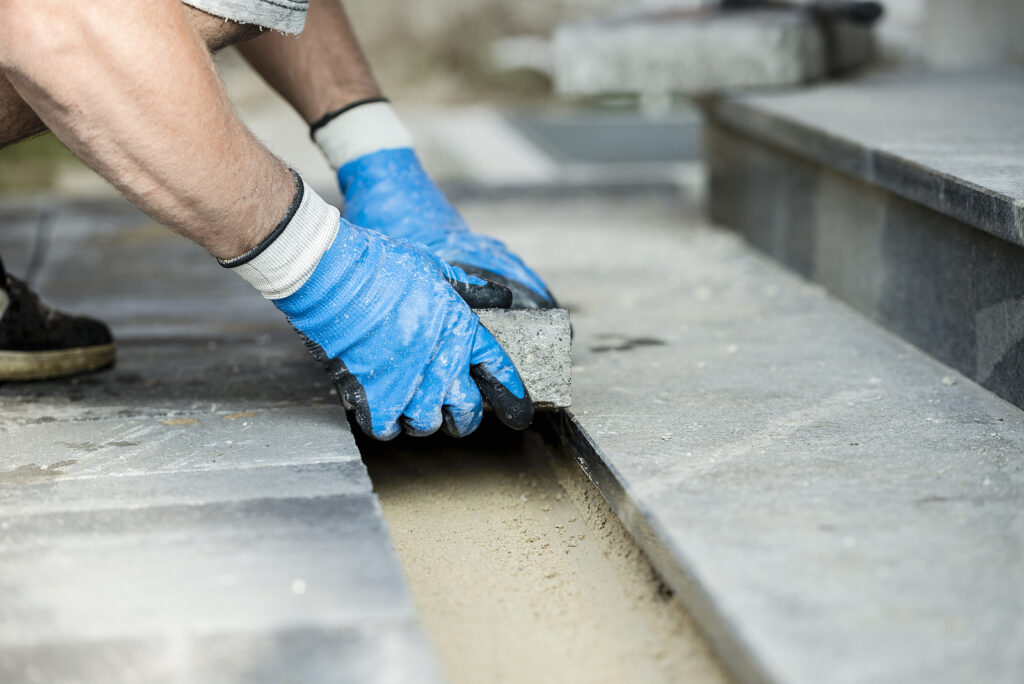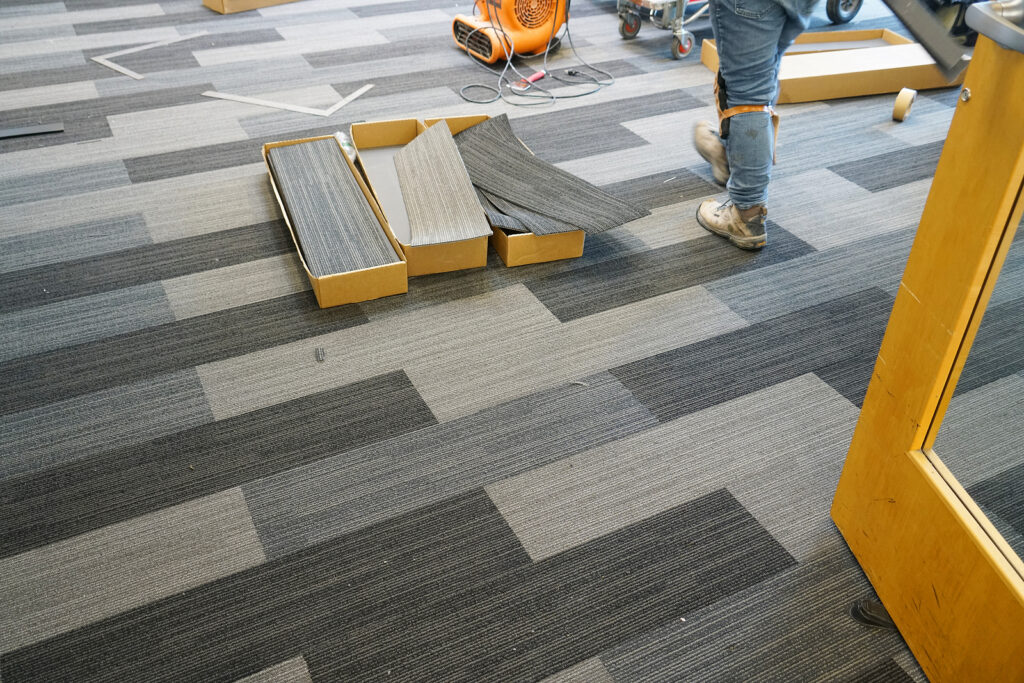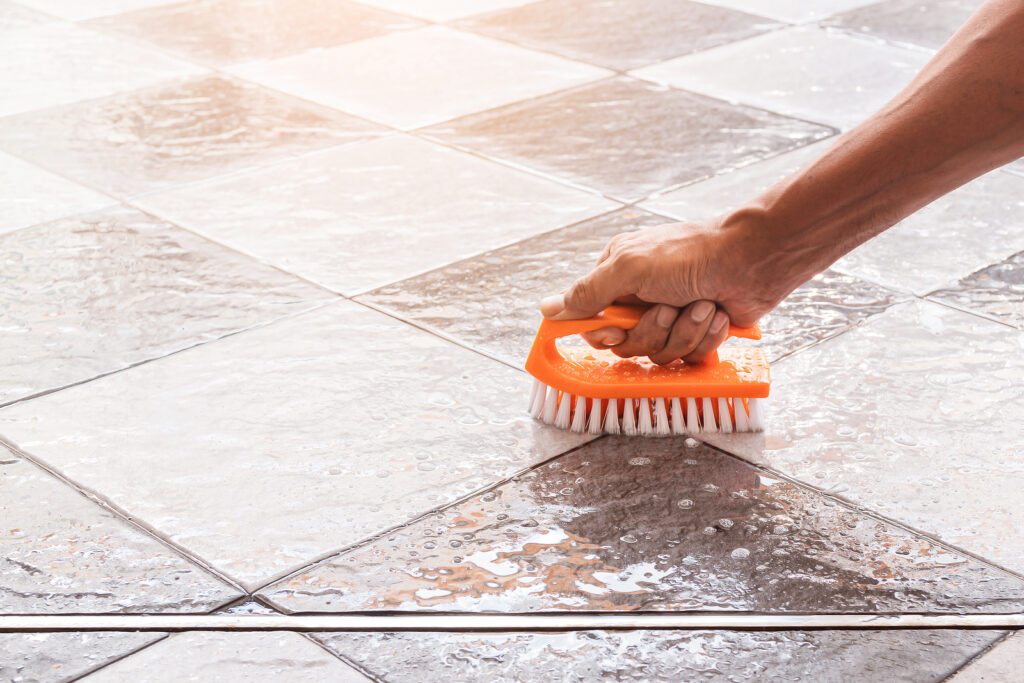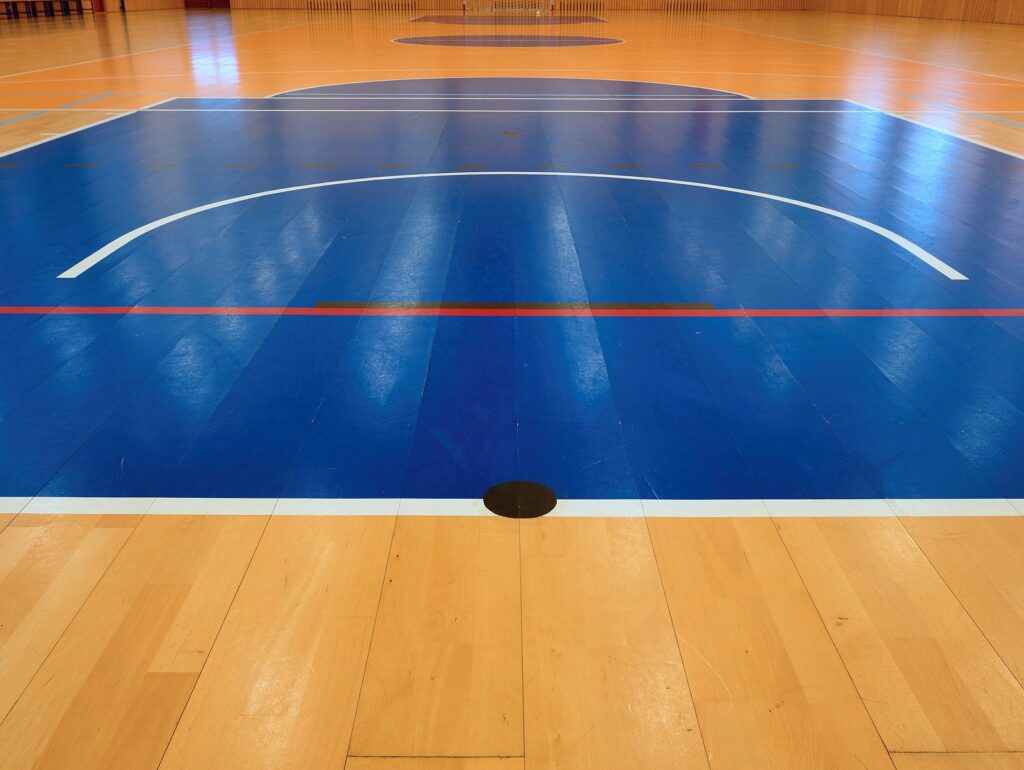All commercial business and properties want to uphold a certain level of sophistication and professionalism. One way to achieve this kind of commercial aesthetic appeal is to have your floors waxed routinely. Although freshly waxed commercial flooring is brilliantly shiny and impressive, they have more to offer than just simple visual appeal. Floor waxing accomplishes much more than just making a company look attractive, there are structural and financial protective qualities as well. Continue reading to learn more about the importance of commercial floor waxing and care.
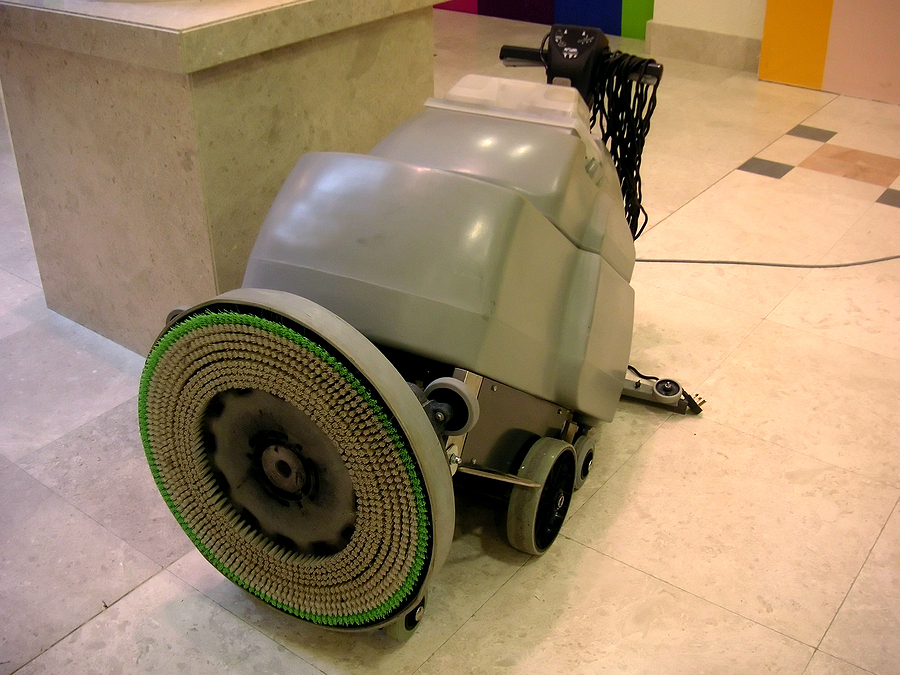
What You Need to Know About Commercial Floor Waxing
Whether a commercial property serves guests, customers, visitors, or employees, it will require regular floor care to combat its foot traffic. High heel shoes, dress loafers, desk chairs, file carts, and much more will contribute to wear and tear. Without routine floor care, which includes waxing of course, floors will quickly deteriorate, and property owners will lose on their investment. Here’s the three main reasons why routine floor waxing is so vital for commercial properties and complexes:
Professionalism
Since the first thing that comes to mind when you gaze upon freshly waxes or properly cared-for flooring is its visual attractiveness, it is only obvious that one of the most important reasons has to do with how a company looks to its viewers. Floor waxing services can speak to the professionalism of a company. It shows that a company cares and takes proper strides to maintain their premises. In turn, they must put the same degree of customer service or respect into their industry as well; right?
Safety and Security
Floor care is critical in order to maintain a safe walking platform for everyone. Deteriorated floors can warp, bump, or peel, creating treacherous terrain for customers, clients, and employees. Caring for your commercial floors on a routine basis can prevent such wear and tear, which can ultimately prevent any liabilities from taking place.
Investment Protection
Because floor waxing prevents wear and tear, commercial property owners can prevent premature floor damage and costly repairs or replacements. This saves money and extends the lifespan of your commercial flooring. Floor replacement and repair is much more expensive compared to routine commercial floor cleaning services!
Tips for Commercial Floor Replacement
If your commercial floors are long past the point of restoration, don’t waste any more of your janitorial team’s time with a maintenance routine. Instead, consider replacing your damaged or aged commercial flooring with a newer, more innovative option. Today, there are endless choices for commercial flooring that can improve the look and functionality of your business.
From Eco-friendly options like hardwood, tile, linoleum, or bamboo, to stain-resistant materials like laminate, extra hard hardwood, porcelain tile, or marble, you’re bound to find a flooring solution that fits your budget and needs.
Common Types of Commercial Flooring:
Carpet: A popular and versatile choice, carpet offers warmth, comfort, and sound absorption. It comes in various colors, patterns, and textures to fit any commercial space.
Vinyl: Durable and cost-effective, vinyl is a low-maintenance option that can mimic the appearance of other flooring materials like hardwood or tile.
Hardwood: Timeless and elegant, hardwood adds a touch of sophistication to any commercial space. It’s available in different species, finishes, and stains.
Tile: Durable and stylish, tile is a great option for high-traffic areas or spaces that are prone to spills and moisture. It comes in various sizes, colors, and patterns.
Laminate: An inexpensive alternative to hardwood, laminate offers the look of real wood without the high price tag. It’s also scratch and stain-resistant.
Concrete: A modern and industrial option, concrete is a popular choice for commercial spaces like warehouses or retail stores. It can be polished, stained, or stamped to create unique designs.
Conclusion
Routine floor waxing is an essential investment for any commercial property. It not only adds visual appeal but also ensures safety, security, and longevity of your floors. However, if your floors are beyond restoration or simply need an upgrade, don’t hesitate to consider replacing them with new and improved options like carpet, vinyl, hardwood, tile, laminate, or concrete.
With the right flooring choice and proper maintenance routine in place, your commercial space will continue to impress visitors and clients for years to come. So, don’t wait any longer and start caring for your commercial floors today! Continued maintenance and care will not only save your business money in the long run, but also uphold its professional image and appearance.
With beautiful new flooring, your company can make a positive first impression on anyone who visits or walks through its doors. Contact BAF Corporation at 317-253-0531 for superior commercial flooring services in Indianapolis, Indiana. We serve all of Central Indiana and its surrounding locations.
Related Posts:
The Ultimate Guide to Commercial Flooring: Enhancing Your Business From the Ground Up
How to Select the Right Commercial Wood Flooring
A Comparison of Popular Commercial Flooring Options
